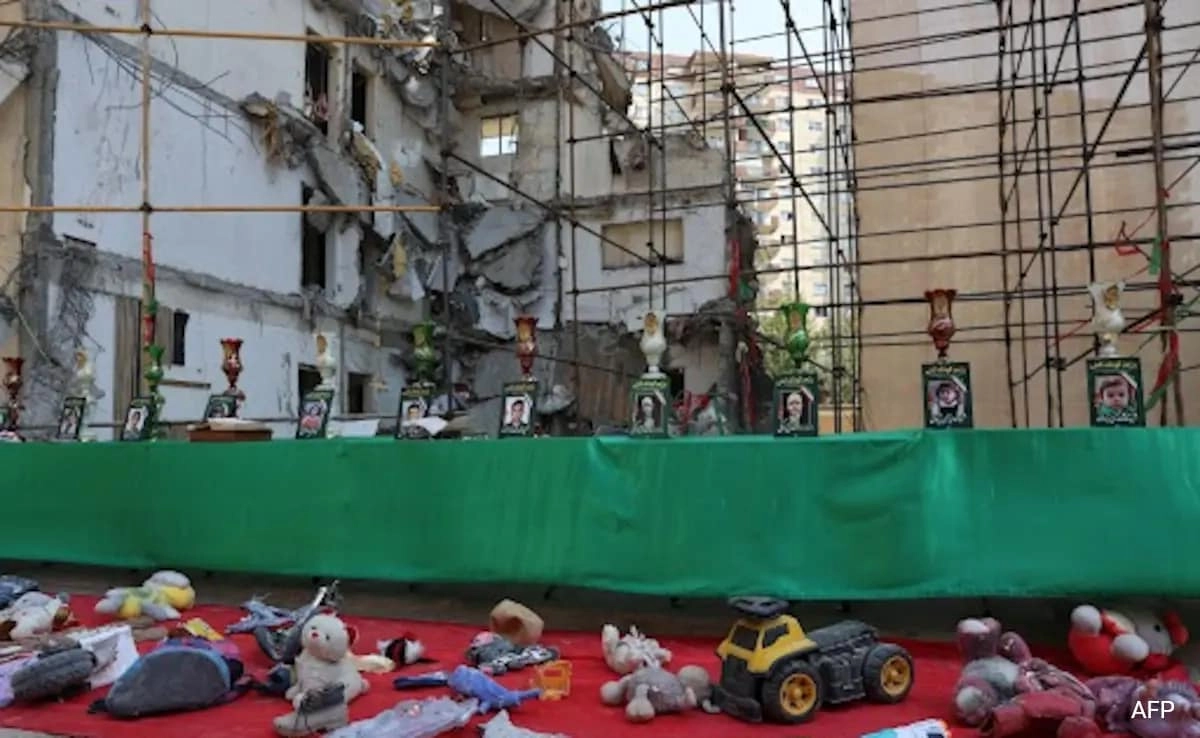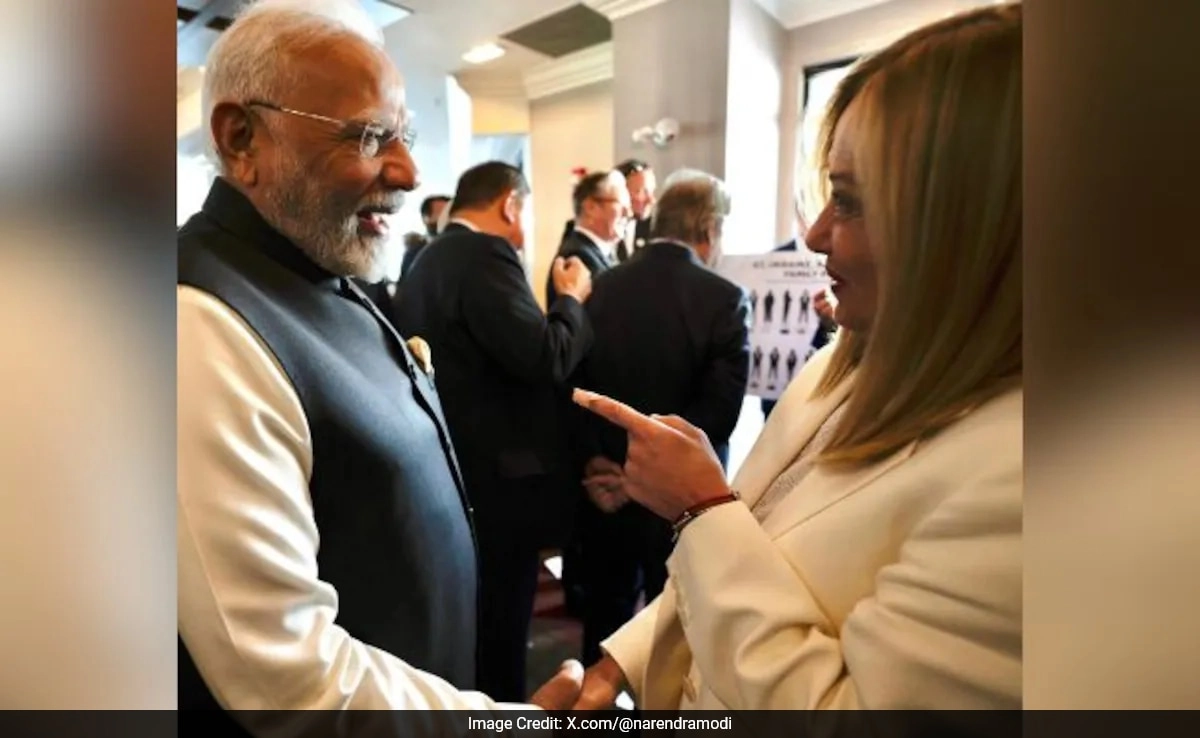A month after the ceasefire agreement between Israel and Hamas, tensions in the region remain palpable, particularly among the Iranian populace. Many Iranians are grappling with the aftermath of the recent conflict, which has left a deep mark on their collective psyche. The ceasefire, while providing a temporary respite from the violence, has not alleviated the underlying fears that another war could erupt at any moment. The memories of the destruction and loss experienced during the fighting are still fresh, leading to growing anxiety about the potential for renewed hostilities.
In Iran, the relationship with Israel is fraught with historical animosity and political tension. The Iranian government has been vocal in its support for Palestinian factions, often framing the conflict as part of a broader struggle against what they perceive as Israeli aggression. This narrative resonates with many Iranians, who view the situation through the lens of national pride and solidarity with their Palestinian neighbors. However, this support comes with a heavy toll as the Iranian public is increasingly aware of the repercussions that prolonged conflict can have on their own lives, economy, and security.
Moreover, the fear of escalation is compounded by the geopolitical dynamics of the region. Iran’s involvement in the conflict has implications beyond its borders, as it navigates a complex landscape of alliances and rivalries. The specter of a wider war involving multiple state and non-state actors looms large, prompting concerns about military mobilizations and the potential for retaliatory strikes. For many Iranians, the prospect of another war is not merely a political issue; it is a deeply personal concern that threatens their daily lives and economic stability.
As the situation unfolds, the Iranian public remains apprehensive about the future. Many are calling for diplomatic solutions and a sustained peace that would allow for rebuilding and recovery. However, with entrenched positions on both sides, the path to lasting stability remains uncertain. The recent ceasefire may have temporarily halted the fighting, but the fears and anxieties among Iranians highlight the fragility of peace in a region long plagued by conflict. The need for dialogue and reconciliation is more critical than ever, as both the Iranian people and their leaders grapple with the realities of a volatile geopolitical landscape.




